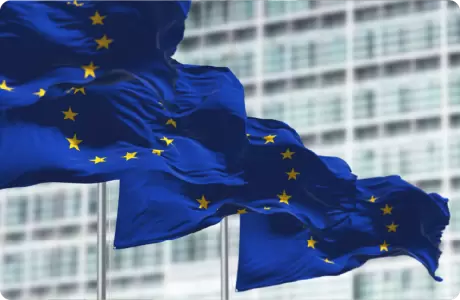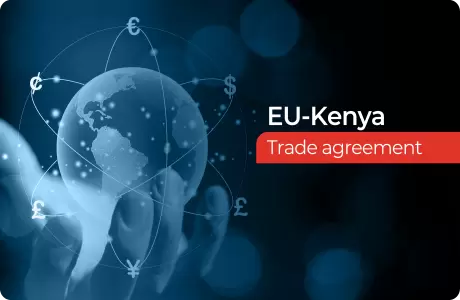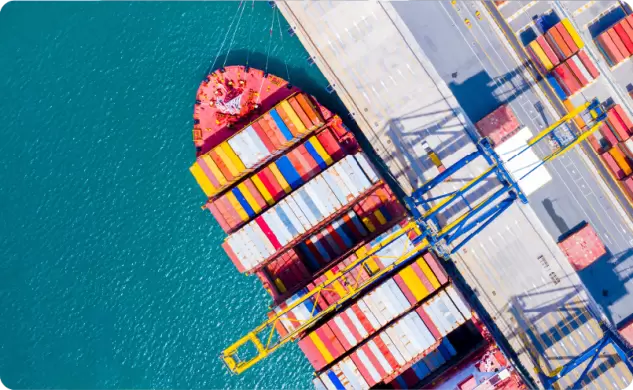News, trends and insights to improve your business.
Your first port of call for all of the latest customs-related news and trends. Get the latest industry insights and keep your business ahead of the curve.
Get our expert insights and customs resources delivered straight to your inbox
By subscribing, you consent to be contacted by Gaston Schul about our relevant content, products and events. You can opt-out at any time. For more information, please see our privacy policy.













